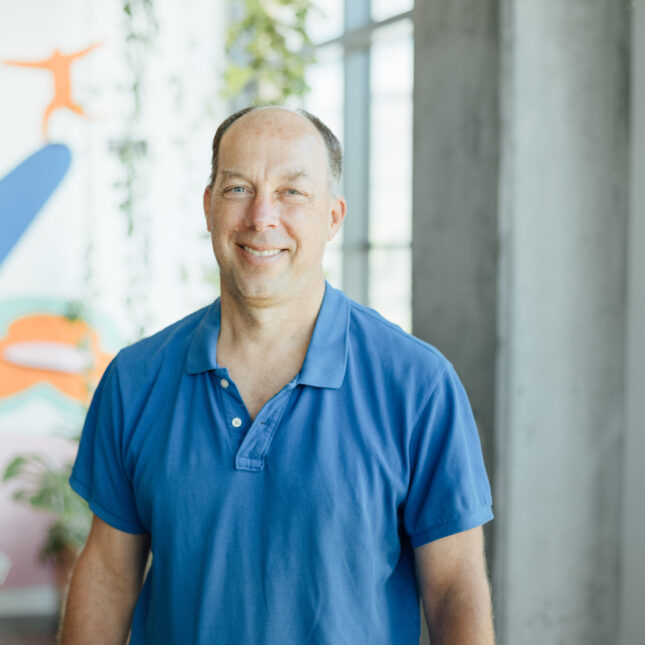
SAN DIEGO — Decades ago, as a young physics Ph.D. student, Stephen Quake stumbled into the messy, dazzlingly complicated world of biology — and he’s stayed there ever since.
Quake, a professor of bioengineering and applied physics at Stanford, is a prolific academic whose discoveries have fueled the field of blood-based prenatal testing and the use of microfluidic chips, which allow scientists to quickly analyze DNA, RNA, proteins, and cells. He’s also head of science for the Chan Zuckerberg Initiative, or CZI, a company Mark Zuckerberg and Priscilla Chan founded in 2015 with the expressed intent to help “cure, prevent or manage all diseases by the end of this century.” The organization funds academic research and operates three biohubs in San Francisco, Chicago, and New York, each centered on goals such as building cells that can survey the body for signs of disease or deciphering the signals that drive inflammatory disease.
STAT sat down with Quake in front of an audience during the annual meeting of the Biotechnology Innovation Organization for a fireside chat about his pivot into the life sciences — and his second unexpected journey into the world of philanthropy.

This article is exclusive to STAT+ subscribers
Unlock this article — plus in-depth analysis, newsletters, premium events, and networking platform access.
Already have an account? Log in
Already have an account? Log in
To submit a correction request, please visit our Contact Us page.











STAT encourages you to share your voice. We welcome your commentary, criticism, and expertise on our subscriber-only platform, STAT+ Connect